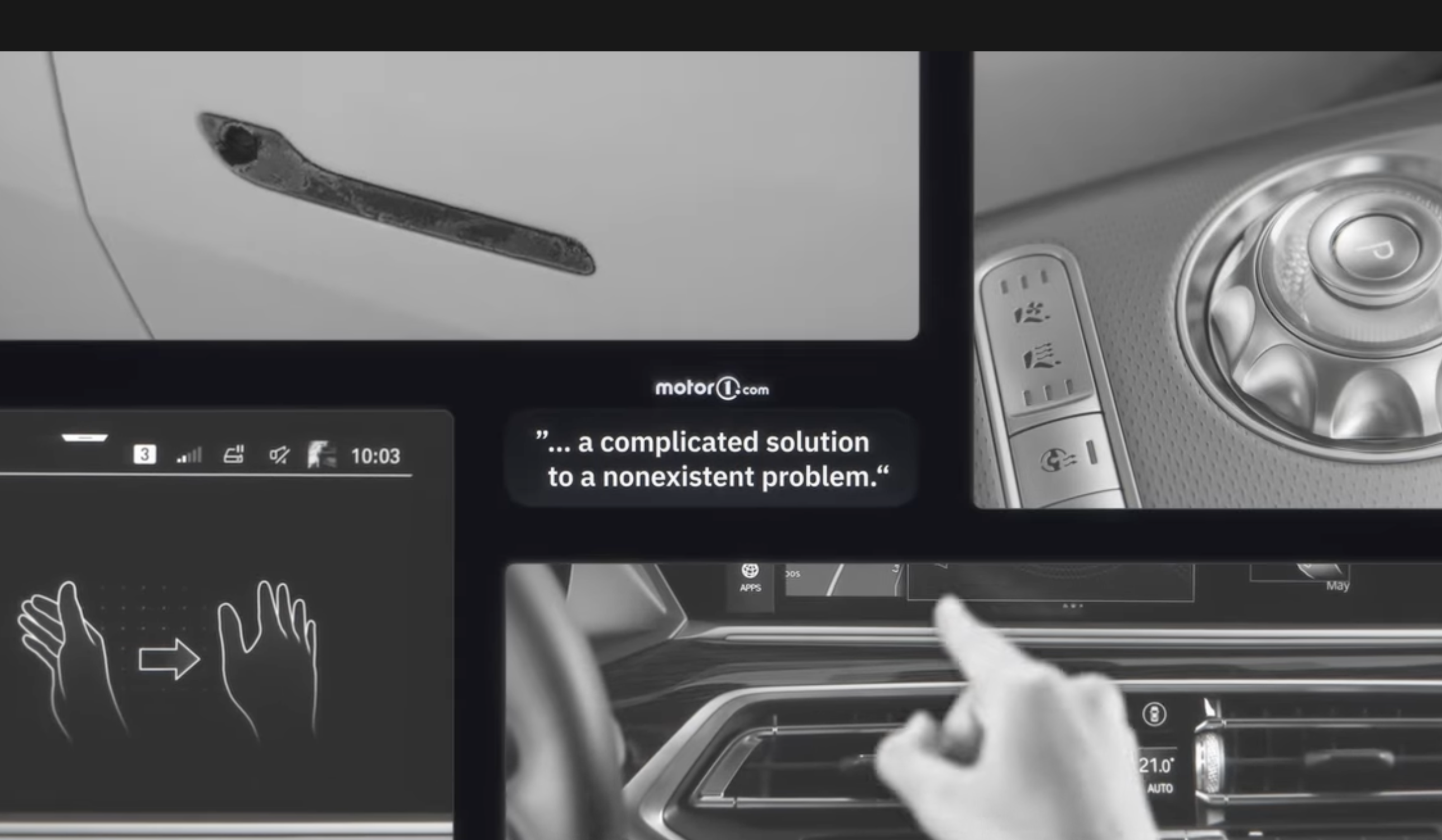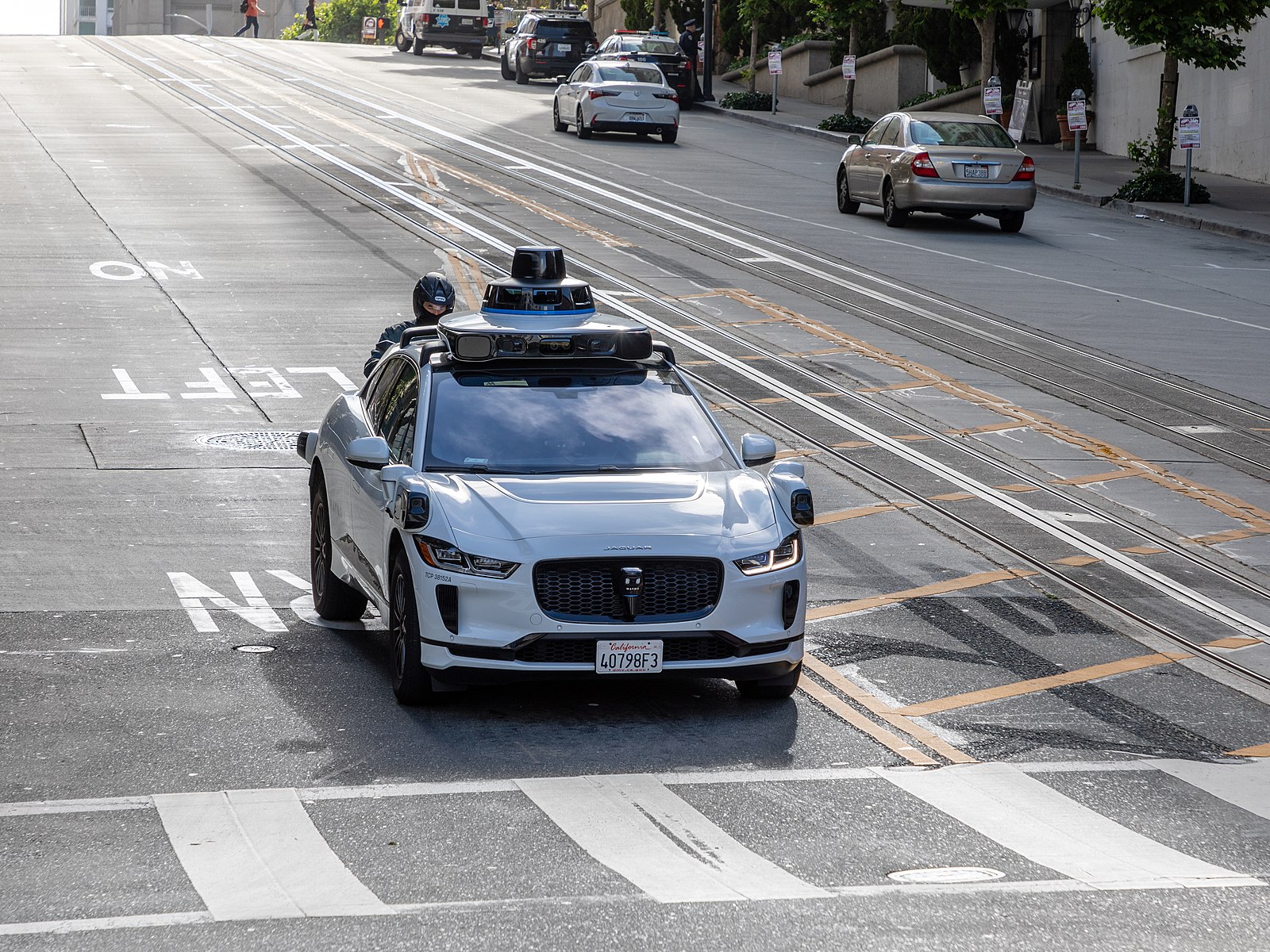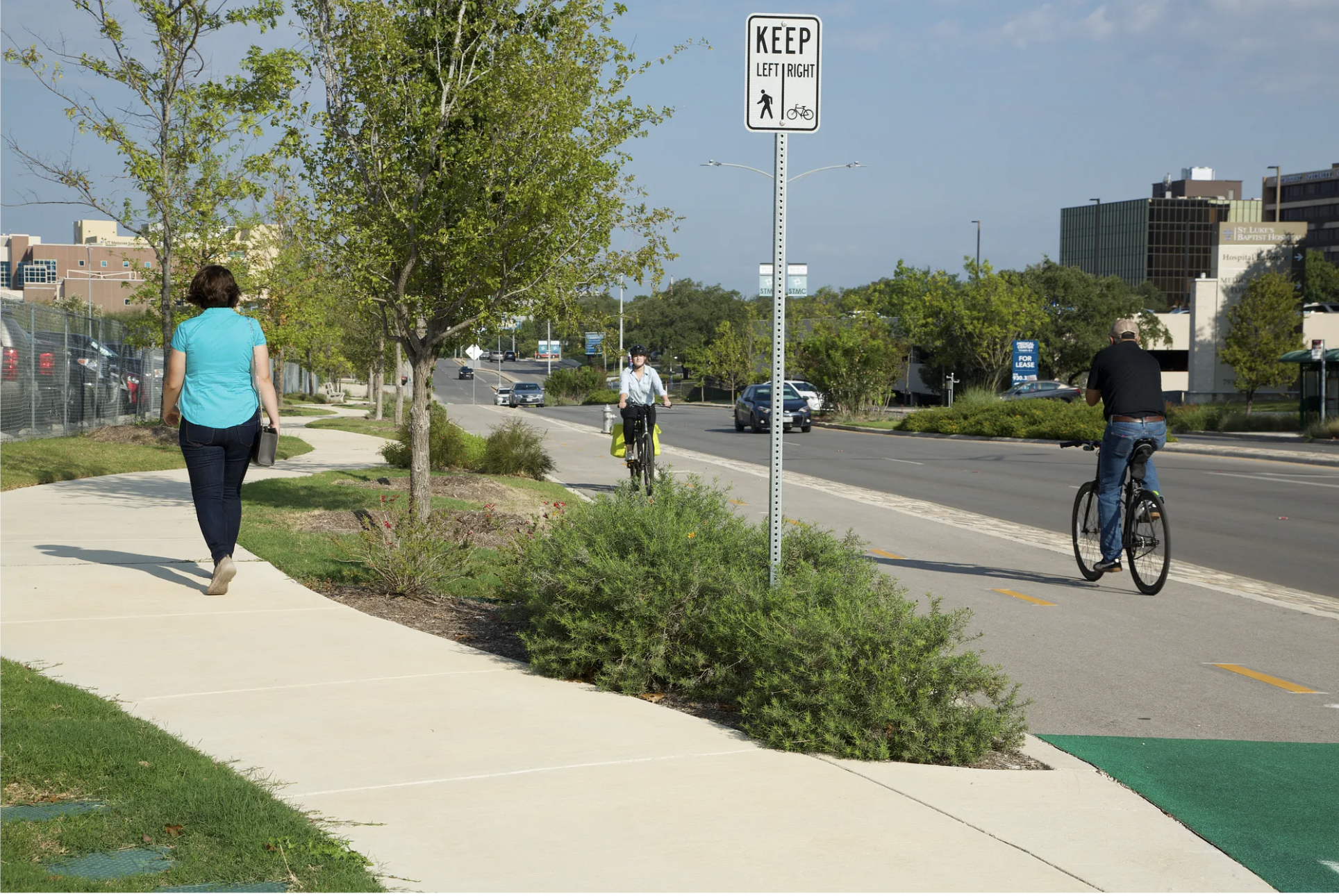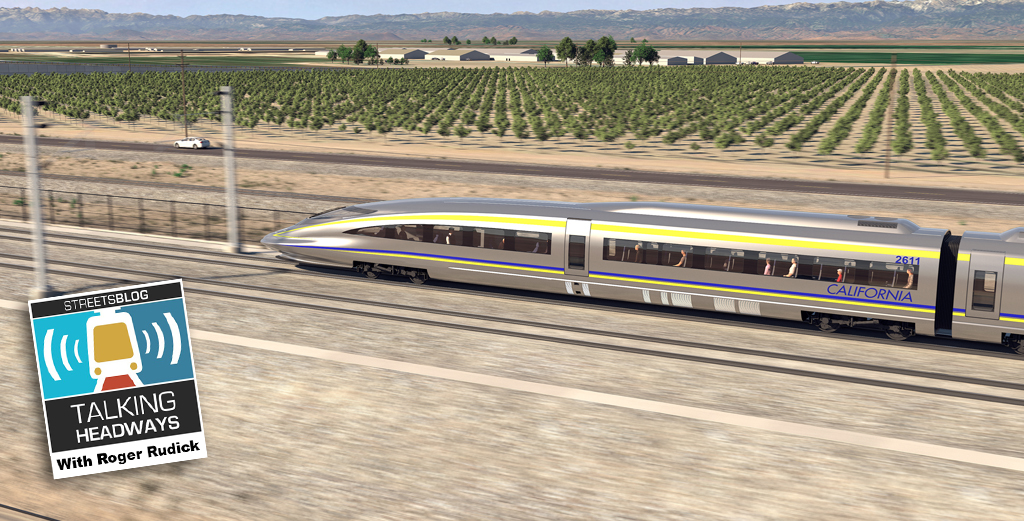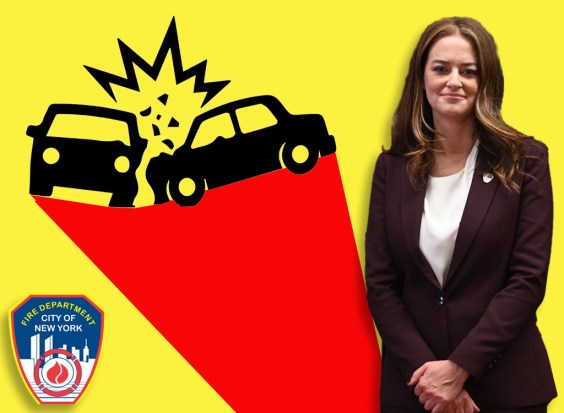Around the Streetsblog Network today:
When Transit Agencies Don't Coordinate Well: Traveling between transit service areas in the same region can be a pain. You may have to pay an additional fare or transfer several times. It all depends on how well adjacent transit agencies cooperate and coordinate. According to an analysis by Jason McHuff with "Engineer Scotty" at Network blog Portland Transport, agencies in the Portland metro area could do a better job in this respect.
If you want to travel from Portland to Salem, for example, using TriMet and Cherriots, it will take two transfers. Traveling between Portland and suburban Vancouver, Washington can take as many as three transfers, Scotty explains. "There should be a continual, transfer-free service between key transfer points in the two systems." However, in reality these cross-agency trips can be much more complicated. "One thing that is evident from the chart, is that in some cases, transit agencies do the minimum to reach another's service," he concludes.
Transit Stations Built for Cars Aren't Built for Transit Riders: Is there a connection between transit ridership and the quantity of parking at transit stops? Network blog Straight Outta Suburbia compared the number of parking spaces along transit lines in Los Angeles to the number of riders who take those lines. The findings show that more parking doesn't mean more transit riders. Even in car-centric L.A., the transit route with the most parking spaces didn't have the highest ridership. Likewise, the line with the lowest number of parking spaces did not bring up the bottom of the ridership chart. While noting that the analysis doesn't count parking not owned by Metro near each station, the author points out that, "if transit is going to step up its game in LA, it will have to do so on many fronts, and it will have to carefully consider the tradeoffs of building parking near stations versus building actual transit-supporting urban places where people live, work and play."
Cycling Tax Benefit Leaves Out Multi-Modal Commuters: You may know that if you bike to work, you could benefit from a $20 per month tax benefit. But you might not realize that taking advantage of this incentive disqualifies you from other tax incentives that promote transit ridership. This is problematic, say the folks at Network blog Chicargobike. In cold climates such as Chicago, many people choose to bike during warm months and take transit during the winter. The single-mode-promoting model also ignores the class of people who use a combination of transit and cycling to get to work.
Chicargobike says its time for a multi-modal tax benefit; "Why not simply remove the stipulation that the bicycle benefit can't be taken along with the transit portion of the code. Then cyclists who ride to a train station and then again from the train to work, or who mix their commutes each month or seasonally between their bikes and the train or bus, could use a benefit that combines cycling and mass transit."

